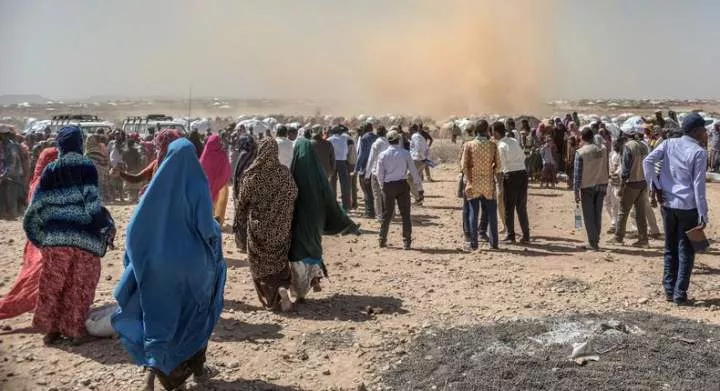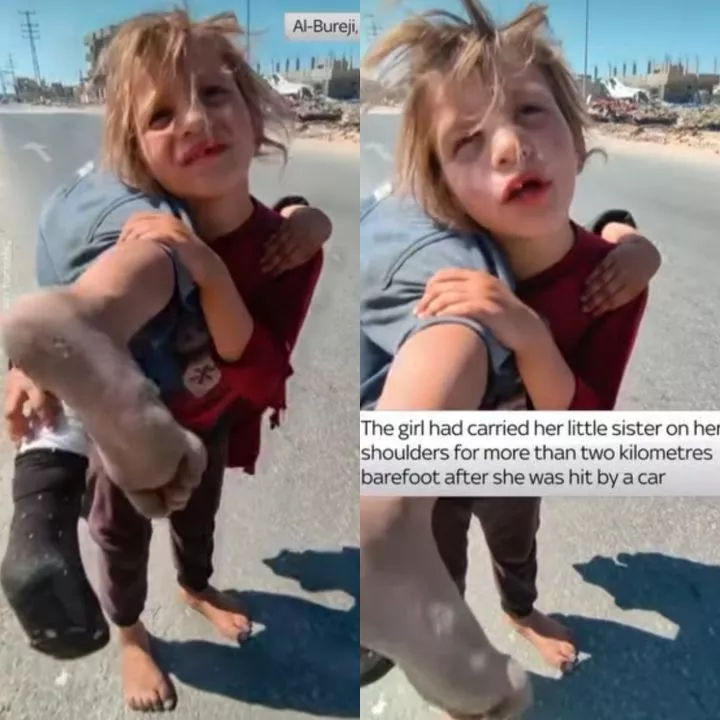
Uganda is facing a significant challenge as it continues to welcome a rising number of refugees, with over 33,000 new arrivals from Sudan since the start of 2024, according to the United Nations Refugee Agency (UNHCR). This number includes 19,000 individuals who have arrived in Kampala alone, escaping the ongoing conflict in Sudan that has persisted for over a year. The majority of these refugees hail from Khartoum and possess university-level education, indicating a loss of valuable human capital for Sudan and a potential resource for Uganda if effectively integrated.
The influx is part of a broader trend that sees approximately 2,500 people arriving in Uganda weekly from neighboring countries such as the Democratic Republic of the Congo (DRC) and South Sudan, driven by conflicts and climate-related challenges. Despite the humanitarian efforts, the continuous arrival of refugees seldom makes headlines but has put enormous pressure on Uganda's resources and its robust refugee protection and response model.
The impact of these challenges is becoming increasingly evident. Funding shortfalls have severely affected essential services. The health sector, serving both refugees and host communities, has been particularly hard-hit, with reductions in staff and critical shortages in medical supplies. An outbreak of conjunctivitis has further strained the health services, affecting several refugee settlements.

The refugees are escaping the ongoing conflict in Sudan that has persisted for over a year.
Educational facilities are also under pressure. Schools are facing severe overcrowding, and there is an acute shortage of teachers and educational materials. This is particularly concerning as children represent more than half of the refugee population, highlighting the urgency of maintaining educational provisions to prevent a lost generation.
Protection services are equally impacted, with significant delays in refugee registration due to the lack of necessary materials and equipment. This not only hinders the integration of refugees into host communities but also affects their access to basic services and rights.
Recognizing the urgency of the situation, UNHCR and senior Ugandan officials have engaged in international advocacy, visiting key partners in Denmark, the Netherlands, Belgium, and EU institutions. These efforts aim to highlight the dire consequences of reduced funding and to secure additional resources to support both refugees and host communities.
Despite these challenges, Uganda remains committed to its pledges made at the 2023 Global Refugee Forum, aiming for greater socio-economic inclusion and self-reliance for refugees. However, the Uganda Country Refugee Response Plan (UCRRP) for 2024, which seeks $858 million to support over 1.67 million refugees and 2.7 million members of host communities, has received only 13 percent of the needed funds.
Uganda's progressive policies have long been a model for refugee support, allowing refugees land, freedom of movement, and the option to reside in urban areas if they can support themselves. However, the current funding shortages threaten these policies. Already, there are reports from May of refugees leaving Uganda for neighboring countries in search of better support and consistent food supplies.

















Comments